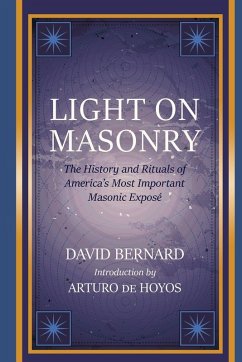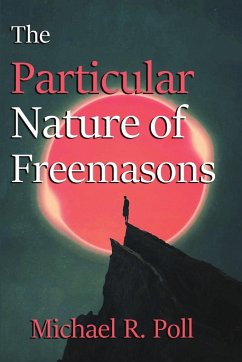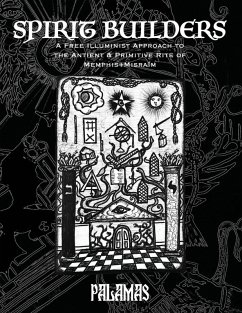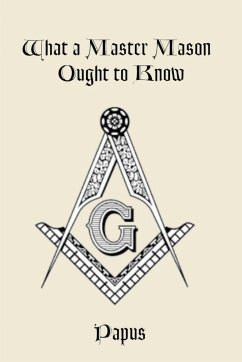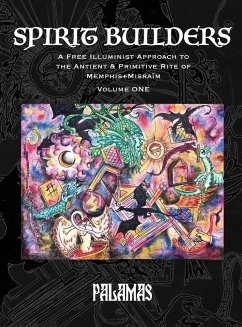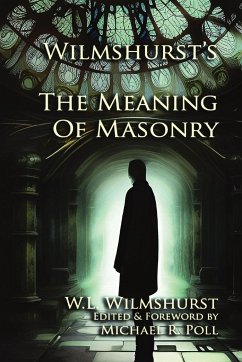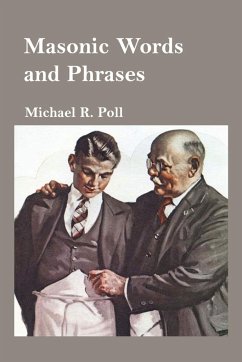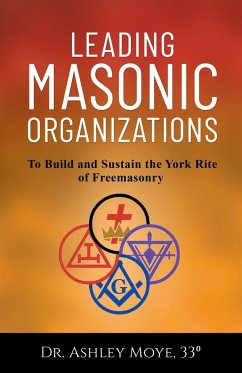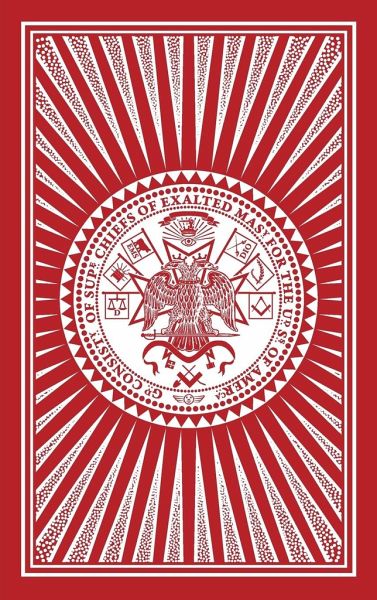
Cerneauism and American Freemasonry
Versandkostenfrei!
Versandfertig in 1-2 Wochen
40,99 €
inkl. MwSt.

PAYBACK Punkte
20 °P sammeln!
The articles in this book focus on a type of Freemasonry that has long been a subject of controversy. Known as Cerneauism, it refers to Scottish Rite bodies which derived authority from Joseph Cerneau (1763-1840/45), a Frenchman who was the charter master of La Temple des Vertus Theologalis No. 103, a Pennsylvania lodge in Havana, Cuba. He fled to New York after being expelled from Cuba in 1806, after fleeing there from the slave rebellion in Haiti in 1802. The central issue with Cerneauism is the question of authority, i.e., the right to create and govern Masonic organizations. Masonic bodies...
The articles in this book focus on a type of Freemasonry that has long been a subject of controversy. Known as Cerneauism, it refers to Scottish Rite bodies which derived authority from Joseph Cerneau (1763-1840/45), a Frenchman who was the charter master of La Temple des Vertus Theologalis No. 103, a Pennsylvania lodge in Havana, Cuba. He fled to New York after being expelled from Cuba in 1806, after fleeing there from the slave rebellion in Haiti in 1802. The central issue with Cerneauism is the question of authority, i.e., the right to create and govern Masonic organizations. Masonic bodies worldwide maintain that the right and authority to create and preside over rites, orders, and systems must stem from a just and regular succession, with adherence to applicable constitutions, laws, and statutes. Cerneauism was a challenge to the concept of regularity because Joseph Cerneau did not personally possess any authority within the Scottish Rite, nor did he accept its governing constitutions.





